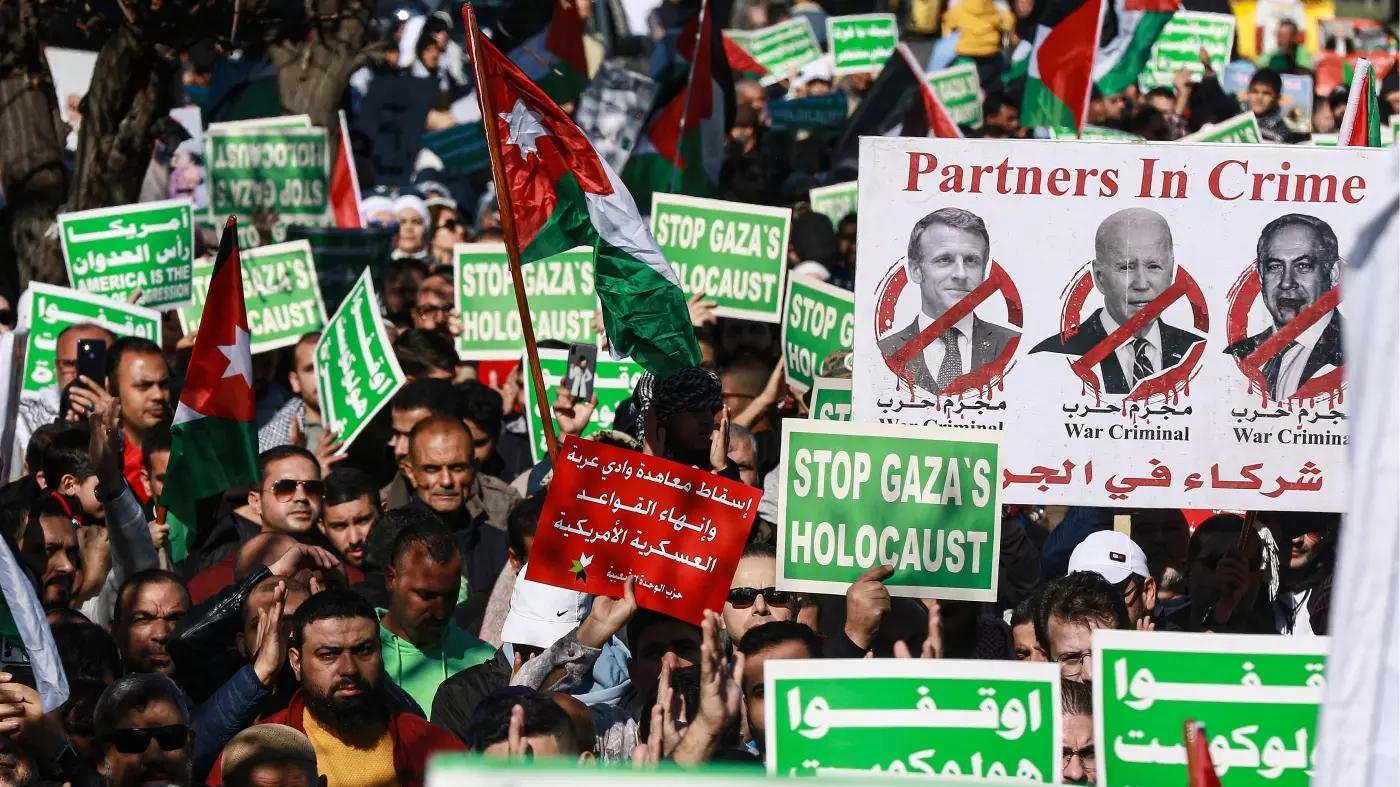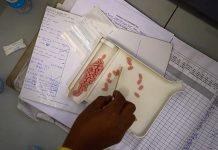Africa-Press – Lesotho. The ongoing war in Gaza has opened a window for Muslim-majority nations to lead by example in upholding the rule of law and justice. This moment presents a chance to respond to their citizens’ calls for action and to pursue legal avenues in response to alleged war crimes in Gaza.
Beyond material progress and architectural marvels that rival ancient wonders, a truly progressive state is marked by its commitment to accountability and justice – a domain where some established democracies have faltered.
After enduring a harrowing 85 days of bombardment resulting in nearly 22,000 killed, including more than 8,000 children and 6,000 women, 1.9 million displaced and the collapse of the health infrastructure, South Africa, a signatory of the Genocide Convention has finally called upon the International Court of Justice (ICJ) to examine the crisis.
This long-awaited step reflects a crucial recognition of the international community’s role in conflict resolution and human rights protection. Members of the Organisation of Islamic Cooperation (OIC) and the Arab League stand at a pivotal crossroads, where the decision to support South Africa’s legal action against Israel at the ICJ could mark a significant step towards upholding international law and justice.
A pivotal crossroads The Arab League and OIC should urgently make it clear that as organisations they unequivocally support South Africa’s application to the ICJ in the same way as the OIC supported Gambia’s case against Myanmar’s alleged genocide of the Rohingya Muslims.
South Africa’s meticulous and legally grounded application to the ICJ presents a profound opportunity for these influential states to endorse a process that seeks to clarify and address serious allegations in a legally constituted forum, free from political interference.
South Africa’s application to the ICJ is not a mere accusation; it is a comprehensive, 84-page document publicly available on the ICJ’s website, grounded in detailed factual and legal analysis.
This move by South Africa is not, as Israel claims, a form of cooperation with any terrorist organisation or an act of defamation or antisemitism; it is a fulfilment of obligations under the Genocide Convention.
It is an unimpeachable act of responsibility to the international community and the principles of justice and human rights. And it could prevent further loss of life through the ICJ issuing urgent provisional measures to Israel.
Accusing Israel of genocide is a serious claim, one that the ICJ is uniquely qualified to assess without political bias. It is crucial to understand that holding a state accountable in international law, as sought by South Africa, is not an act of defamation but a pursuit of justice.
Israel’s claim that such legal actions are akin to “blood libel” is a purposeful and dangerous misrepresentation. No state, including Israel, is above international law.
For More News And Analysis About Lesotho Follow Africa-Press






